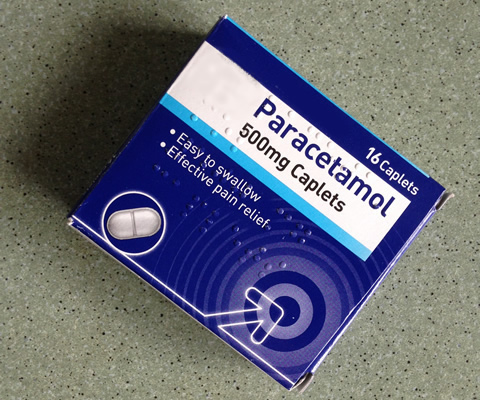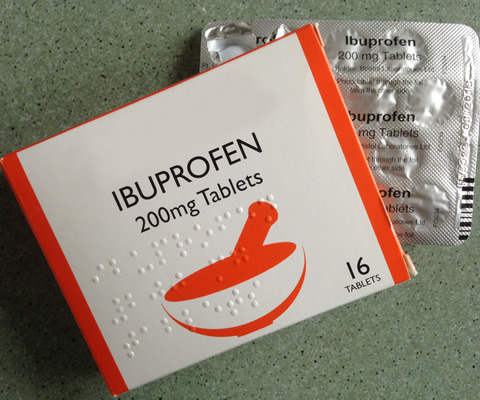Medications and Older Adults course for Medical Doctors



This session describes the physiological changes that occur with ageing and the effects these changes have on the handling of analgesic medicines.
Learning Objectives
By the end of this session you will be able to:
- Describe the physiological changes of ageing that alter drug handling
- Outline the effect of physiological changes on the handling of paracetamol and NSAIDs in older people
- Explain the clinical relevance of pharmacological differences between different opioids in older people
- Describe the considerations when choosing pharmacological treatments for neuropathic pain in older people
- Identify topical treatments for pain that may be effective for older people
Pain is a common symptom for many older people, who often have other conditions or illnesses and take multiple medicines. Safe prescribing of analgesics in older people is complex due to changes in how the body handles medicines, other medical conditions, polypharmacy and variability in response.
Roger completed his pre-registration training in the pharmaceutical industry and hospital pharmacy. He originally came to Nottingham to study for a doctorate in opioid pharmacology where his interest in pain management began.
For nearly ten years, Roger’s main role was to provide a clinical pharmacy service to the Anaesthetics directorate and to contribute to clinical activity of the multidisciplinary Pain Management Service. In September 2011, he was appointed to a new clinical academic position that provides teaching and research opportunities whilst maintaining regular clinical practice.
Roger is chair of the United Kingdom Clinical Pharmacy Association Pain Management Group. He was co-opted to the Council of The British Pain Society for several years before becoming and elected Council Member in 2011. He represents the Royal Pharmaceutical Society on pain management issues in both online and traditional media, including BBC Regional Radio regular comment.
Roger is a module editor and author for the ePAIN project.

- Anaesthesia Fundamentals | Physiology | Metabolic ...
- Posted By eIntegrity Healthcare e-Learning
- Posted Date: 2024-11-13
- Location:Online
- Biotransformation of xenobiotics and recycling of endogenous substances are crucial for survival. The metabolic processes of both are the same, and are discussed together in this session.
- Anaesthesia Fundamentals | Physiology | Functional...
- Posted By eIntegrity Healthcare e-Learning
- Posted Date: 2024-11-13
- Location:Online
- Knowledge of liver function is essential for all clinicians. Understanding its unique functional structure underpins this knowledge
- Anaesthesia Fundamentals | Physiology | Renal Regu...
- Posted By eIntegrity Healthcare e-Learning
- Posted Date: 2024-11-13
- Location:Online
- This session deals with the regulation of extra and intracellular hydrogen ion concentration.
- Anaesthesia Fundamentals | Physiology | Regulation...
- Posted By eIntegrity Healthcare e-Learning
- Posted Date: 2024-11-13
- Location:Online
- This session expands the role of antidiuretic hormone, and discusses other hormonal systems involved in regulating sodium absorption. The concept of 'effective circulating volume', which is central to these systems, is defined.
- Anaesthesia Fundamentals | Physiology | Loop of He...
- Posted By eIntegrity Healthcare e-Learning
- Posted Date: 2024-11-13
- Location:Online
- This session will explain the importance of the interrelated functions of the loop of Henle, distal tubule and collecting tubule in the regulatory functions of the kidney.







